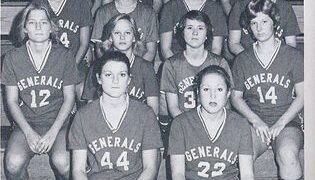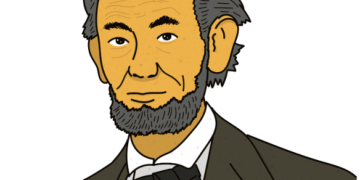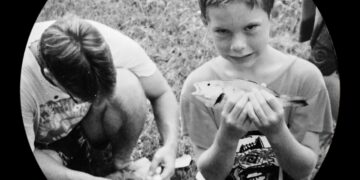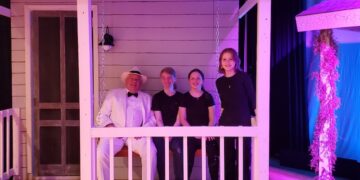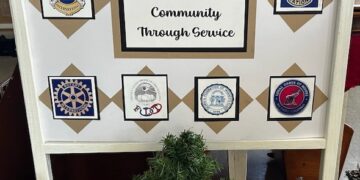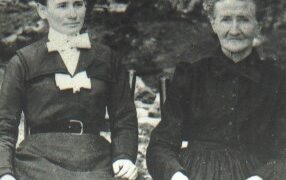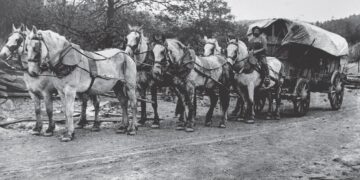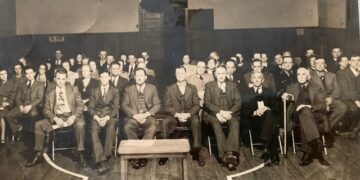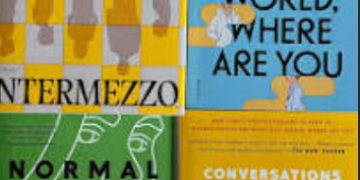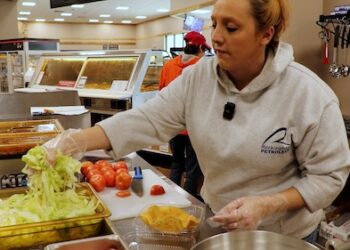Most Brocks Gap natives descend from families who have lived there for generations. For instance, Stacy and Diana Custer’s grandchild Attie represents the 12th generation of the Custer family who settled near Millers Knob in the 1740s. Trumbos and Shoemakers moved here over 275 years. A big migration of German-speaking families came 220 years ago from Loudoun County. We’ve been here so long that we have forgotten why our families moved here in the first place.
The Wittigs were the last immigrant family in the Gap until recent times, but they remembered and recorded their immigration story. Ulrick and Catharine Wittig came to the United States in 1837, sponsored by Siram Henkel. Since they were married in Hesse-Cassel, an area known chiefly for its poverty in the 1830s, they likely came to the United States for economic reasons.
They narrowly avoided a tragedy at their journey’s beginning. As they boarded the ship, they learned that their infant would be charged full passage. That was quite a dilemma because they did not have enough money to pay for another fare. They asked their neighbor to keep one of the sons until they could afford to bring him over. Fortunately, the neighbor lent them enough money for the entire family to come together.
More of the Wittig’s story was told in Our Church Paper, July 3, 1889:
“[Ulrick] was born in Hesse Cassel, Germany, March 29, 1810, and died June 23, 1889. He married, while quite young, Anna Katrina Bachmann… In 1837, he, his wife, and three children left the Fatherland for the United States, and landing at the port of Baltimore, made their way, partly on foot, to the town of New Market, where they found friends. Mr. Wittig secured employment with Mr. Siram Henkel about three miles from town. Not long after he was engaged by Mr. Henkel to go to what was then and—since has been known as “Germany,” in Rockingham county, to attend to his business there. Here Mr. Wittig started for himself, and by frugal, honest efforts made a good living, as well as acquired considerable wealth and provided well for his children.”
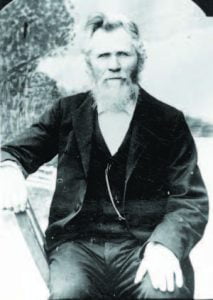
married Mary Moyer, and they lived at Bergton. Henry’s
tombstone states that he was born in Germany.
The Wittigs first lived in 1838 in an old house at Plains Mill, Timberville, where the family worked for $8 per month. They worked hard, saving their money to invest in land. In spite of having three young children, Catharine husked corn, threshed rye, and washed clothes for the Henkels. Ulrick plowed, threshed, cut hay and straw, tagged sheep, and prepared cattle for the mountain range.
By 1840, the Wittigs had moved to a log cabin at the mouth of Grove Hollow near the Blue Hole, Bergton. Tradition says their daughter Mary was born in 1840 on a bed of leaves at the log house. Ulrick cut wood and made rails and stakes to sell, but he continued to work as needed on Henkel’s farm.
Ulrick learned to speak and write in English. Catharine spoke broken English with a heavy accent, requiring a translator. Ulrick kept his German speech and taught German to his family. After 100 years in the United States, his grandchildren could still speak German.
Historian Lewis Yankey wrote that Ulrick had started his store in Bergton by 1848 on the south side of German River. In 1850, he successfully applied to establish a Post Office (Dovesville, now Bergton) in his store. In 1853 it became the voting place for area residents.
Despite being a recent immigrant or perhaps because he was new, Ulrick brought fresh energy and ideas to the community. He became “a leading and influential man and rendered that part of the country [Bergton] more good service than anyone else…When he settled there, there was not a school house, church or post office near. He was the first man to move in establishing all these, doing generally more than anyone else. He looked well to the building of bridges, new roads, etc., securing county appropriations and leading in the work,” Our Church Paper recorded.
Though baptized in the German Reformed Church, Ulrich united with the Lutheran Church in America. He helped build Phanuel’s Lutheran Church at Bergton whose records begin in 1851. About 35 years later, he and his family organized and built Bethel Evangelical Lutheran Church where he donated an organ and bell plus other contributions. “He delighted in the services of the sanctuary, understanding both German and English, but preferring the former,” according to Our Church Paper. In 1889, Ulrick’s funeral was conducted in German and English.
The Wittig family’s story reminds us that the United States was strengthened and enriched through the work of immigrants. The country gave the Wittigs and those like them a chance to work and use their leadership skills to improve the communities in which they lived.

